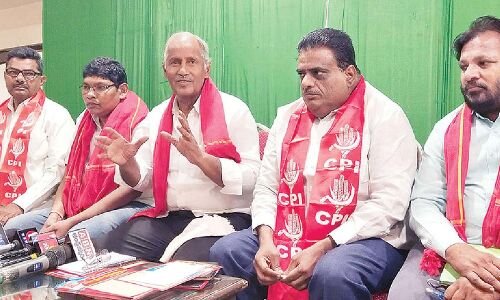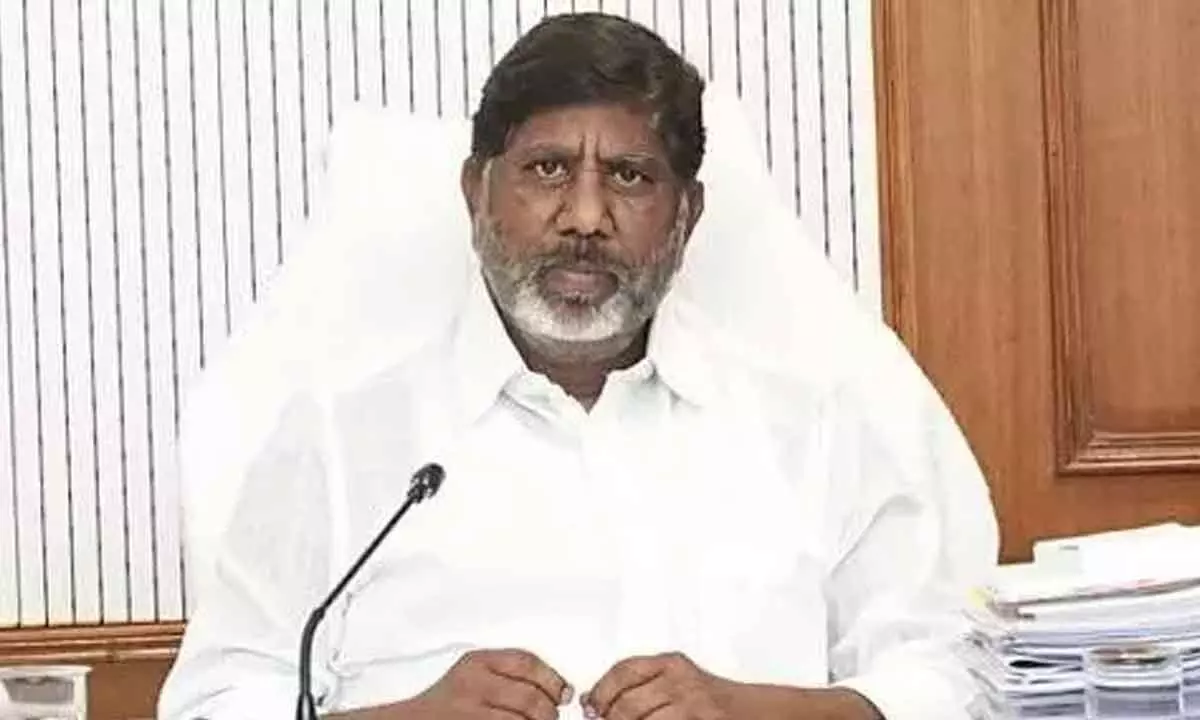The Communist Party of India (CPI) has recently made a prediction that the Indian Prime Minister, Narendra Modi, will soon be imprisoned for protecting corrupt individuals. The CPI has been a vocal critic of Modi and his government, accusing them of corruption and cronyism. In this article, we will explore the reasons behind the CPI’s prediction and the implications it could have for Indian politics.
The CPI’s prediction is based on several recent developments in Indian politics. One of the most significant is the ongoing investigation into the Rafale fighter jet deal. The deal, which was signed between India and France in 2016, has been the subject of controversy since it was first announced. The opposition parties have alleged that the deal was overpriced and that Modi’s government favored a particular company over others.
The CPI has also accused Modi’s government of protecting corrupt individuals in other cases. For example, they have alleged that the government has shielded Vijay Mallya, a businessman who fled India in 2016 after being accused of fraud and money laundering. The CPI has also accused Modi’s government of protecting Nitin Gadkari, a minister who has been accused of corruption in several cases.
The CPI’s prediction has been met with skepticism by many in India. Some have accused the party of making baseless allegations and engaging in political mudslinging. Others have argued that the prediction is unlikely to come true, given the strength of Modi’s government and his popularity among many Indians.
However, the prediction does raise important questions about the state of Indian politics. Corruption has long been a major issue in India, and many believe that it is still widespread in government and business circles. The fact that a major political party is openly accusing the Prime Minister of protecting corrupt individuals suggests that there is a serious problem that needs to be addressed.
Furthermore, the prediction highlights the need for greater transparency and accountability in Indian politics. Many believe that the current government has not done enough to address corruption and that it has instead focused on consolidating power and silencing dissent. If Modi’s government is indeed shielding corrupt individuals, it is essential that this be exposed and addressed through legal means.
In conclusion, while the CPI’s prediction may be controversial, it does raise important questions about corruption and accountability in Indian politics. Whether or not Modi will be imprisoned remains to be seen, but it is clear that there is a need for greater transparency and accountability in government and business circles. Only by addressing corruption head-on can India move towards a more just and equitable society.











